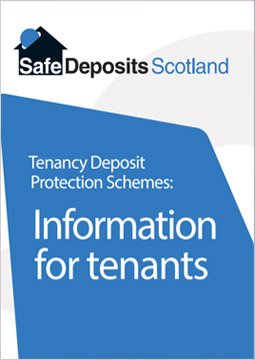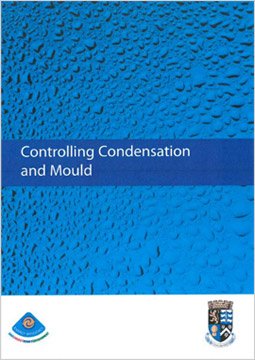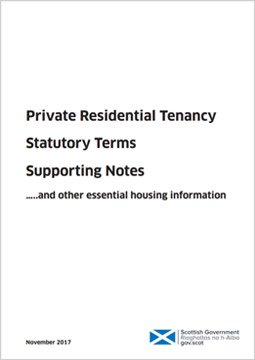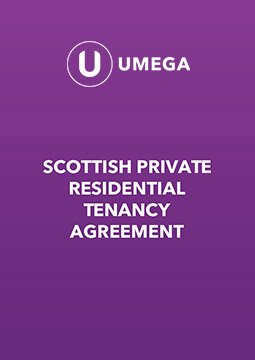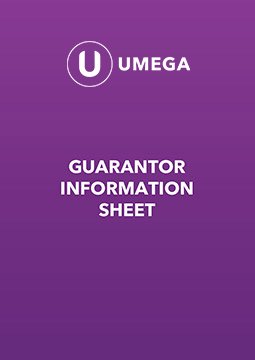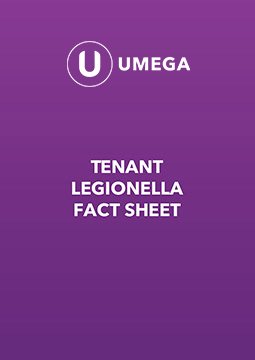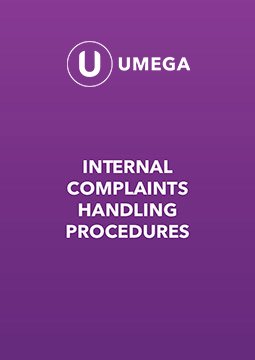It is our view that an emergency situation is when the incident is dangerous, life-threatening or may result in personal injury or a public liability claim or serious deterioration of the property. If you have an emergency situation, for example, water coming through the ceiling, we will endeavour to help you immediately. Is the issue an emergency? The landlord will only pay for contractors to attend to the property out of office hours in the vent of emergencies. We deem an emergency to be placing tenants in danger or serious deterioration of the property. We expect our tenants to use common sense as to what is deemed an emergency. Please note: If an emergency contractor attends unnecessarily you may be held liable for the costs involved. Please take the following actions before calling our emergency line. Gas If you smell gas or suspect a leak of suspect fumes are escaping from an appliance, call the Gas Emergency Services immediately on 0800 111 999 (24 hours). Open windows and doors and if necessary vacate the property. Do not turn on an electrical appliances or switches. Electrical Fault Check fuses have not blown, circuit breakers are in the ‘ON’ position and that there hasn’t been a general power cut in the area. If you have a power cut, check to see if your neighbours are affected too.
- If your neighbours’ supply is still on – check your trip switch (if you have one). If it has tripped, switch off all your appliances then reset it
- If your neighbours also have no power – call your local Electricity Network Operator’s 24 Hour Emergency Helpline. Scottish Power Energy Networks – 0800 092 9290 (landline) or 0330 1010 222 (mobile)
Heating & Hot Water The loss of heating and hot water is only deemed an emergency if the weather is extremely cold or you have a young baby in the property. If you think your boiler isn’t working properly, first check to see if the pilot light is on and, if you have a combination-boiler, check that the pressure is set between 1 and 2. The instruction manual will tell you how to re-light the pilot light and re-set the pressure if you suspect this is the problem. If you don’t have a manual to hand you can find these online by searching for the boiler make and model number. Leaks For small leaks which can be caught in a container, please ensure that you put a bucket or similar container below the leak and remember to empty it regularly. Please then contact us during office hours. If you suffer a burst pipe or severe water leaking into the property you must firstly locate the stop cock and turn off the water. Mop up all surface water as quickly as possible to prevent damage. Call the emergency number and we will then arrange a plumber to attend as soon as possible. If water is coming from an upstairs property, alert the occupants above immediately and ask them to shut off the source of the leak. If they are not I, leave them a note to contact you and call your local Environmental Health Department (0131 529 3030 / 0131 200 2000) and ask for the water ingress team. For all other emergencies not listed above, please use common sense before calling. We will only respond to real emergencies that cannot wait until the next working day. For EMERGENCY gas-related, boiler-related and plumber-related issues contact our main line on 0131 221 0888 and our out of hours team will get in contact with our emergency tradesmen to attend ASAP.

